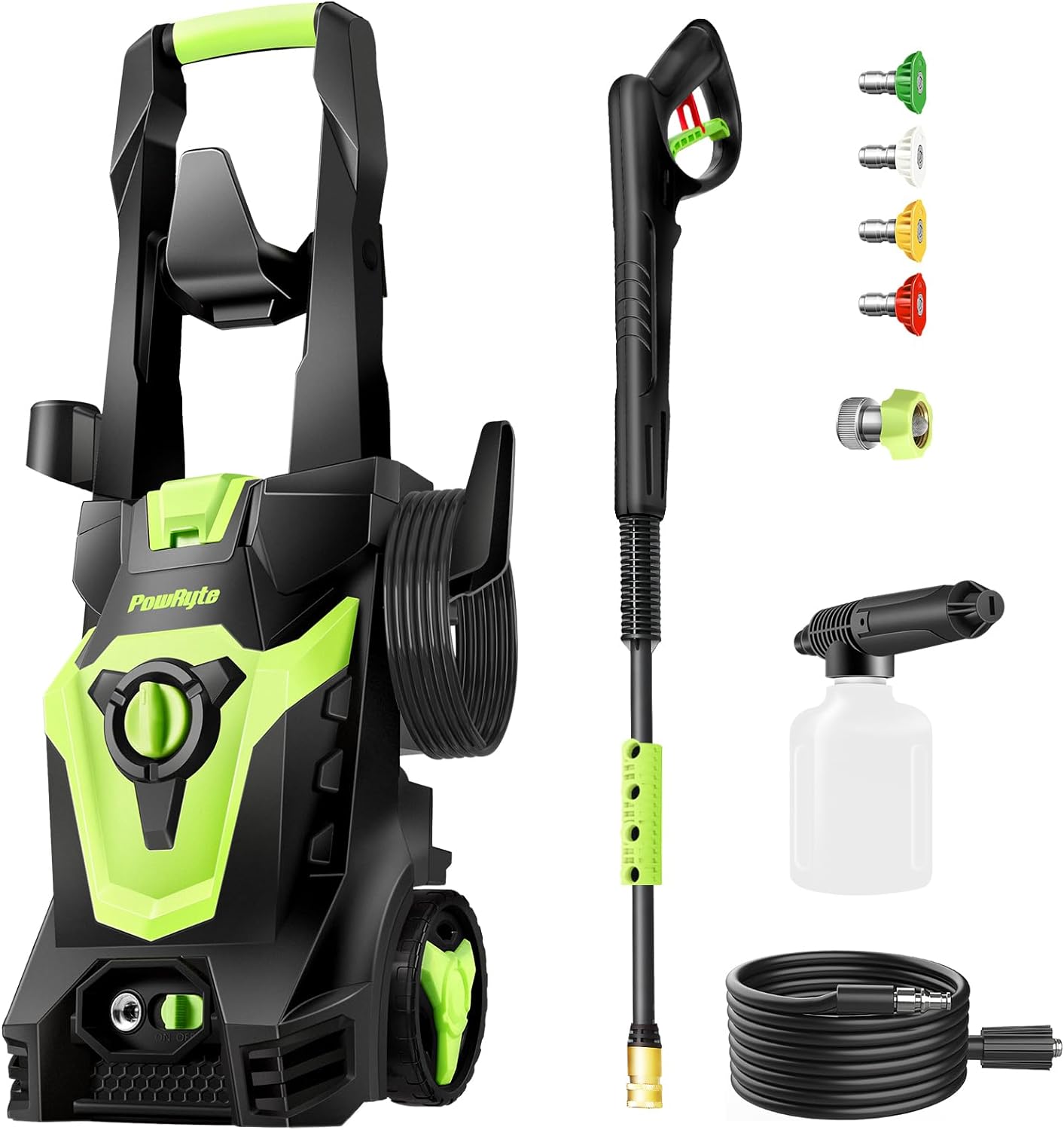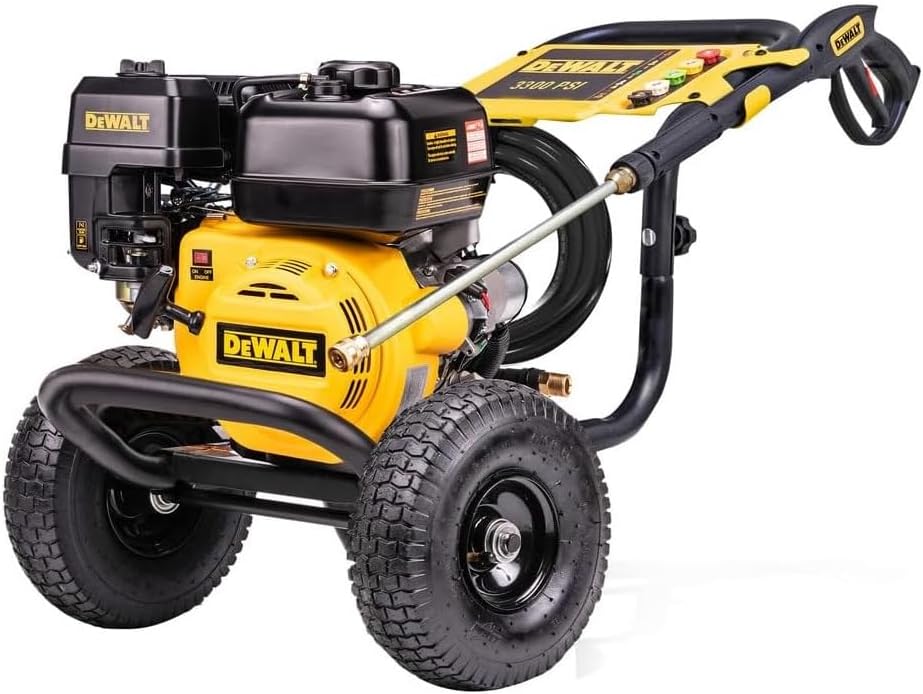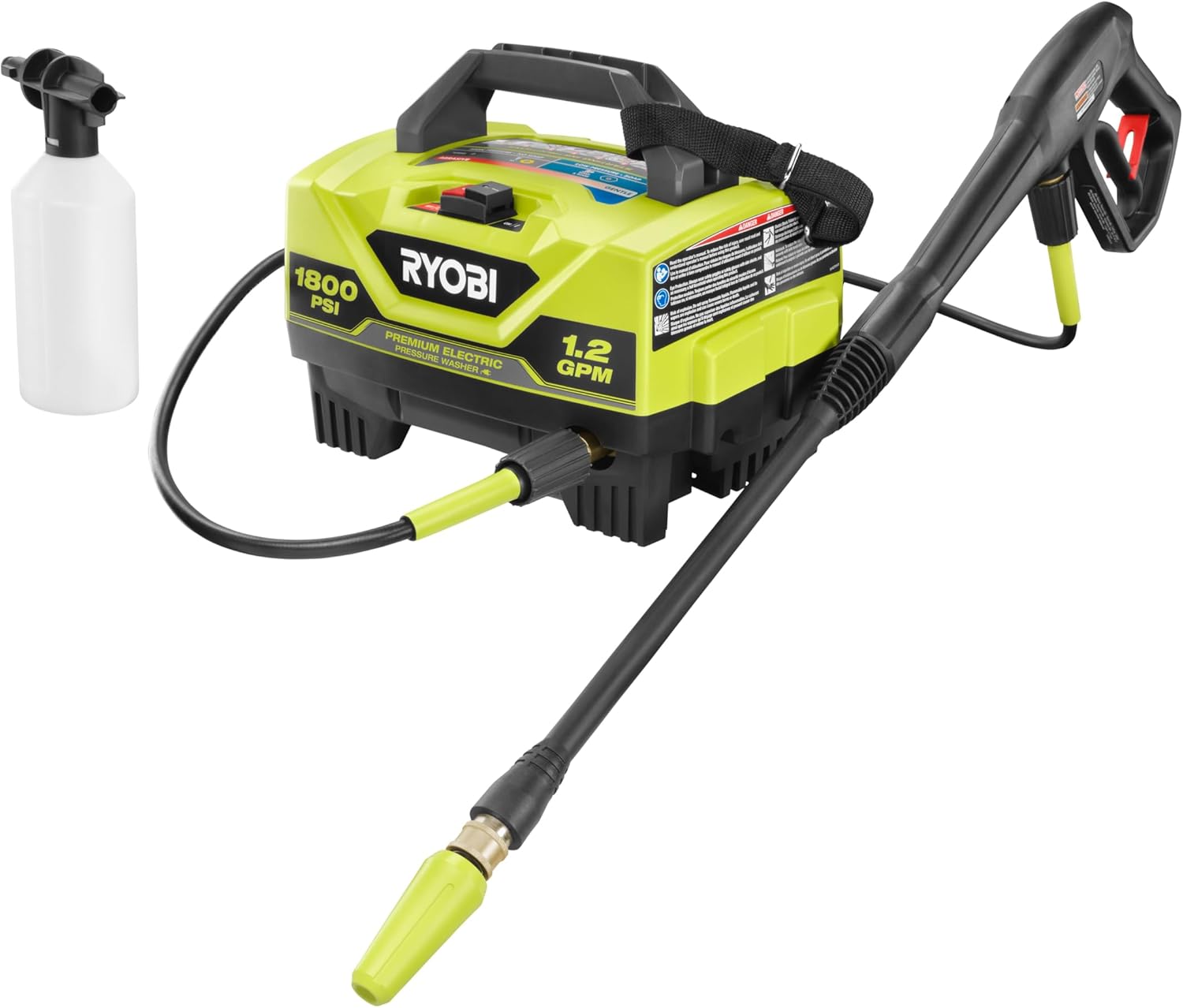Many households overlook the significant impact their kitchen appliances have on their energy consumption. Choosing energy-efficient models can not only reduce your carbon footprint but also lower your utility bills substantially. In this guide, we will explore the top energy-efficient kitchen appliances available, their benefits, and how you can make informed choices to create a sustainable and eco-friendly kitchen without compromising on performance.
Types of Energy-Efficient Kitchen Appliances
A smart way to save energy in your kitchen is by investing in energy-efficient appliances. These appliances are designed to consume less energy while maintaining high performance. When considering energy-efficient kitchen appliances, it’s important to understand the different types available. Here is a breakdown of some key categories:
| Refrigerators and Freezers | Dishwashers and Ovens |
| Cooktops and Microwaves | Small Appliances |
Refrigerators and Freezers
You can significantly reduce your energy consumption by choosing an energy-efficient refrigerator or freezer. Look for models with the ENERGY STAR label, which indicates they meet strict energy efficiency guidelines. These appliances are designed to minimize energy waste while keeping your food fresh and frozen efficiently.
Dishwashers and Ovens
Kitchen appliances like dishwashers and ovens can also be optimized for energy efficiency. Investing in energy-efficient models can lead to long-term savings on your utility bills. Look for features like eco-friendly wash cycles in dishwashers and convection cooking in ovens to maximize energy efficiency in your kitchen.
Cooktops and Microwaves
Dishwashers and microwaves are important kitchen appliances that can be energy hogs if not chosen carefully. Opt for induction cooktops that use electromagnetic energy for cooking, which is more efficient than traditional gas or electric methods. Concerning microwaves, look for models with advanced power settings that allow for quick and efficient cooking.
Small Appliances
To further enhance the energy efficiency of your kitchen, consider investing in energy-efficient small appliances. Items like toasters, blenders, and coffee makers now come in eco-friendly models that consume less energy without compromising performance. These small changes can add up to significant energy savings over time.
Tips for Choosing Energy-Efficient Appliances
After deciding to invest in new kitchen appliances, it’s important to consider energy efficiency to save on utility bills and reduce environmental impact. Follow these tips to select energy-efficient appliances:
- Look for appliances with Energy Star ratings.
- Consider the appliance size and your usage patterns.
- Explore appliances with smart technology for energy conservation.
Evaluating Energy Star Ratings
Any appliance with an Energy Star rating meets strict energy efficiency guidelines set by the Environmental Protection Agency. This label ensures that the appliance consumes less energy and saves you money on electricity in the long run. Be sure to check for this designation when shopping for new appliances.
Considering Appliance Size and Usage Patterns
Energy-efficient appliances are not only defined by their Energy Star ratings but also by how well they fit your needs. When opting for a new appliance, consider the size that will best meet your requirements. Additionally, assess your daily usage patterns to choose a model that will optimize energy consumption based on your lifestyle.
The Role of Smart Technology in Energy Conservation
Some modern appliances come equipped with smart technology features that enhance energy conservation. These appliances can adjust settings based on your habits, optimize energy usage during off-peak hours, and even provide energy consumption data to help you make informed decisions about reducing your usage.
Plus, smart technology allows for remote monitoring and control of your appliances, giving you the ability to manage your energy consumption even when you’re away from home.
Step-by-Step Guide to Upgrading Your Kitchen with Energy-Efficient Appliances
Once again, upgrading your kitchen with energy-efficient appliances can be a game-changer when it comes to reducing your energy consumption and utility bills. Follow this step-by-step guide to make the transition smooth and efficient.
Assessing Your Current Appliances
Clearly, start by assessing the energy efficiency of your current kitchen appliances. Look for the Energy Star label and check the age and condition of each appliance. Identify which ones consume the most energy and are in need of an upgrade.
Planning Your Appliance Upgrade Budget
On a realistic note, planning your appliance upgrade budget is crucial. Consider the cost of new energy-efficient appliances, installation, and any potential rebates or incentives available. Set a budget that aligns with your energy-saving goals and financial capacity.
To make the most out of your budget, prioritize replacing appliances that are the biggest energy hogs and will provide the most significant energy savings in the long run.
Installation and Proper Disposal of Old Appliances
With a focus on sustainability and safety, With the installation and disposal process, it’s imperative to hire a professional. Proper installation ensures that your new appliances function efficiently, while proper disposal of old appliances prevents environmental harm. Make sure to dispose of old appliances responsibly by recycling or donating them.
Your new energy-efficient appliances will not only save you money in the long term but also reduce your carbon footprint, contributing to a greener environment for future generations.
Factors that Impact the Efficiency of Kitchen Appliances
Despite advancements in technology, the efficiency of kitchen appliances can be heavily influenced by various factors. Understanding these factors is crucial in optimizing the performance and energy consumption of your appliances.
User Habits and Maintenance
Factors such as how you use and maintain your kitchen appliances play a significant role in their overall efficiency. Simple practices like cleaning the refrigerator coils, defrosting the freezer regularly, and ensuring proper airflow around appliances can have a major impact on energy consumption and longevity. Regular maintenance checks and following user manuals for optimal use can go a long way in improving efficiency.
Climate and Home Insulation Factors
There’s no denying that the climate and insulation of your home can affect the efficiency of your kitchen appliances. Depending on the climate you live in, your appliances may have to work harder to maintain the desired temperature, leading to higher energy consumption. Knowing how to adjust settings based on seasonal changes and ensuring your home is well-insulated can help reduce energy wastage and improve the efficiency of your appliances.
- Adjusting thermostat settings based on climate
- Proper home insulation
- Energy-efficient home design
Knowing these factors and making necessary adjustments can help you optimize the efficiency of your Kitchen Appliances.
Government Incentives and Rebates
Assuming you’re interested in saving both energy and money, government incentives and rebates can significantly influence your decision when purchasing appliances. Many governments offer incentives for choosing energy-efficient appliances, such as tax credits or rebates. Taking advantage of these programs not only benefits your wallet but also encourages the use of environmentally friendly appliances.
Pros and Cons of Energy-Efficient Kitchen Appliances
To effectively consider energy-efficient kitchen appliances, it’s crucial to weigh the pros and cons. Below is a breakdown of the key points in a structured format.
| Pros | Cons |
| Lower energy bills | Higher upfront cost |
| Reduced environmental impact | Some models may have limited features |
| Long-term cost savings | Availability may vary based on location |
| Improved energy efficiency | May require different maintenance practices |
Long-Term Cost Savings and Environmental Impact
Little initial investments in energy-efficient kitchen appliances can lead to considerable long-term cost savings. Besides the financial benefits, these appliances also contribute significantly to reducing environmental impact by conserving energy and reducing emissions.
Upfront Costs and Availability
Availability of energy-efficient kitchen appliances can vary depending on the region and market demand. When considering the upfront costs, it’s crucial to weigh the initial investment against the long-term savings and environmental benefits these appliances offer.
Conclusion
Presently, energy-efficient kitchen appliances are becoming increasingly popular as people strive to reduce their carbon footprint and save on energy costs. By following the tips and suggestions outlined in this guide, you can make informed decisions when choosing energy-efficient options for your kitchen. From refrigerators to dishwashers, there are plenty of eco-friendly choices available that can help you create a more sustainable home environment. Investing in energy-efficient appliances not only benefits the environment but also saves you money in the long run. Make the switch to energy-efficient kitchen appliances today and start enjoying the benefits of a more sustainable and cost-effective kitchen.













